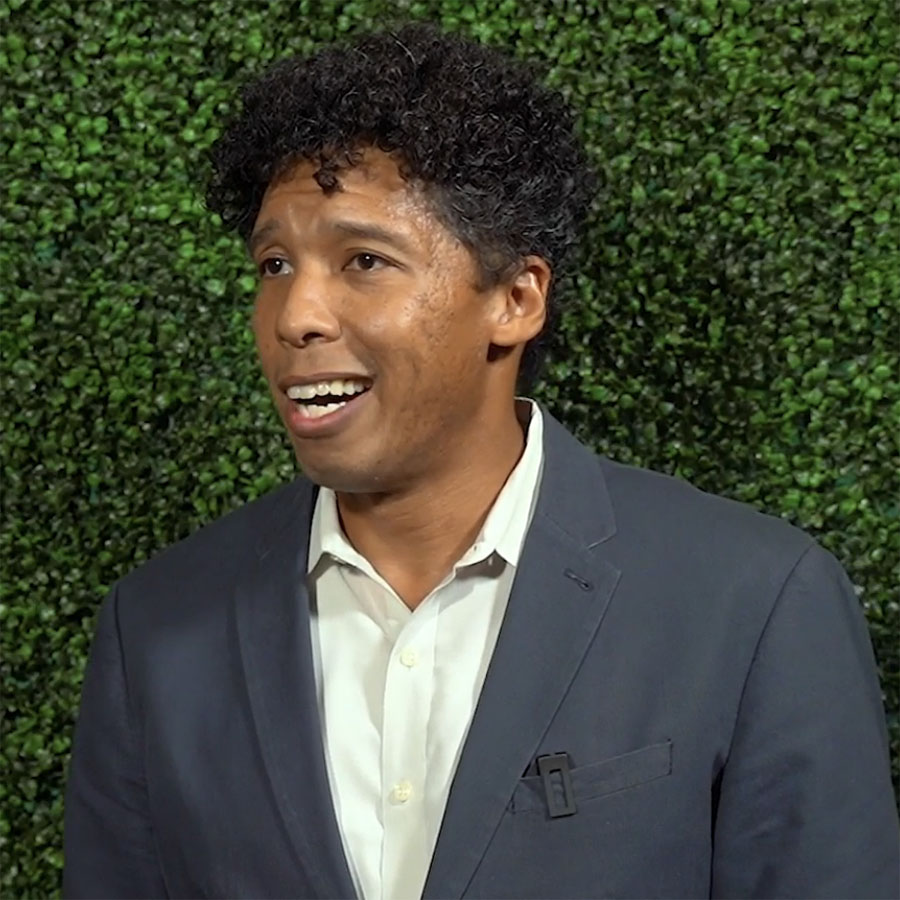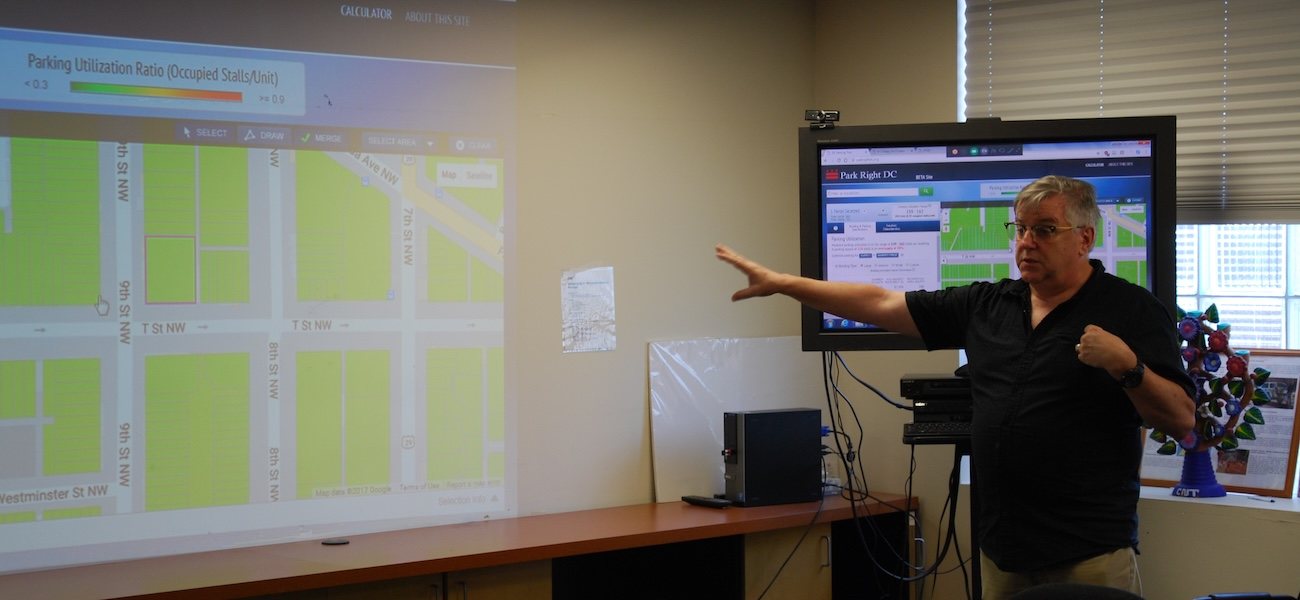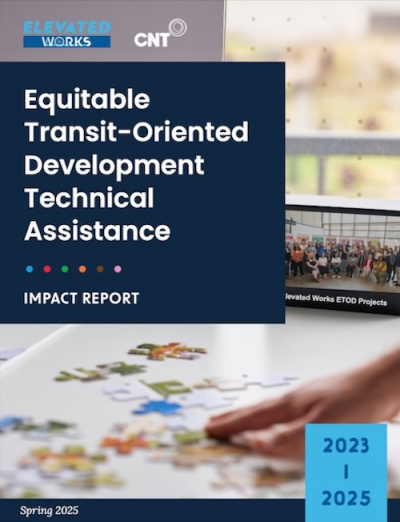We promote practical changes in how people manage water as a resource: changes that are good for residents, good for businesses, and good for the environment. Our solutions provide effective, replicable blueprints for water management and services. We also propose legislation and build alliances to promote more efficient and sustainable policies and practices.
Urban Flooding
The way we build cities makes them prone to flooding, even in modest rainstorms. Asphalt and concrete prevent rainwater from soaking into the ground, and sewer systems struggle with increasingly more severe downpours, causing urban flooding.
RainReady®
Since 2012, we’ve developed RainReady strategies for homeowners and communities to address urban flooding.
Great Lakes Water Infrastructure
We develop innovative solutions to improve health, equity, affordability, and efficiency across our region through our Great Lakes Water Infrastructure Project.
Environmental Justice
How do we put into practice the mandate to center voices of those most affected by water infrastructure and other challenges? Our Civic Innovation Hub capacity-building program is one answer, providing area residents with coaching and training.
Highlighting inequities in access to clean water and flood control is another aspect of our environmental justice work. During COVID, we partnered with Little Village Environmental Justice Organization on a comparative study of water and health in Chicago’s Little Village and Lincoln Park communities. The study was updated in 2022.
Green stormwater infrastructure
Communities can achieve beautification goals while controlling urban flooding. We partner with community groups to identify flood management methods that also enhance the landscape, through our Nature Near Transit work.
Data Analysis
We develop tools to help planners, homeowners and others understand and document the value of green infrastructure to address flooding and water infrastructure.
- The Green Values Calculator compares the performance, costs, and benefits of green infrastructure to conventional stormwater practices.
- The Urban Flooding Baseline Tool documents where floods are most likely to occur across 40 communities on Chicago’s South Side and southern suburbs, using maps, user photos, and multiple data sources to highlight the issue from several perspectives.
In addition to tools, we conduct research such as the Green Values Strategy Guide: Linking Green Infrastructure Benefits to Community Priorities, produced in 2020, which highlights quantifiable benefits of green stormwater infrastructure.





 Strengthening Transit Through Community Partnerships
Strengthening Transit Through Community Partnerships